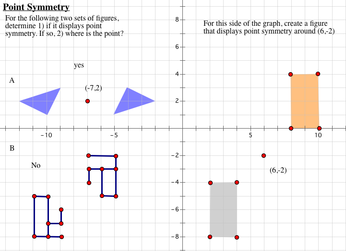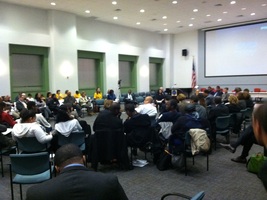I've spent the past year really reflecting on teaching, education, and the future of Philadelphia's children. I will continue writing here and will try to provide ideas and thoughts on what we can do to change things for the better. To that end I am going to structure things a little more formally to help myself focus a bit more. Every week I will try to post something from each of these categories:
- Innovating mathematics education
- The School District of Philadelphia
- The global debate on education




 RSS Feed
RSS Feed
